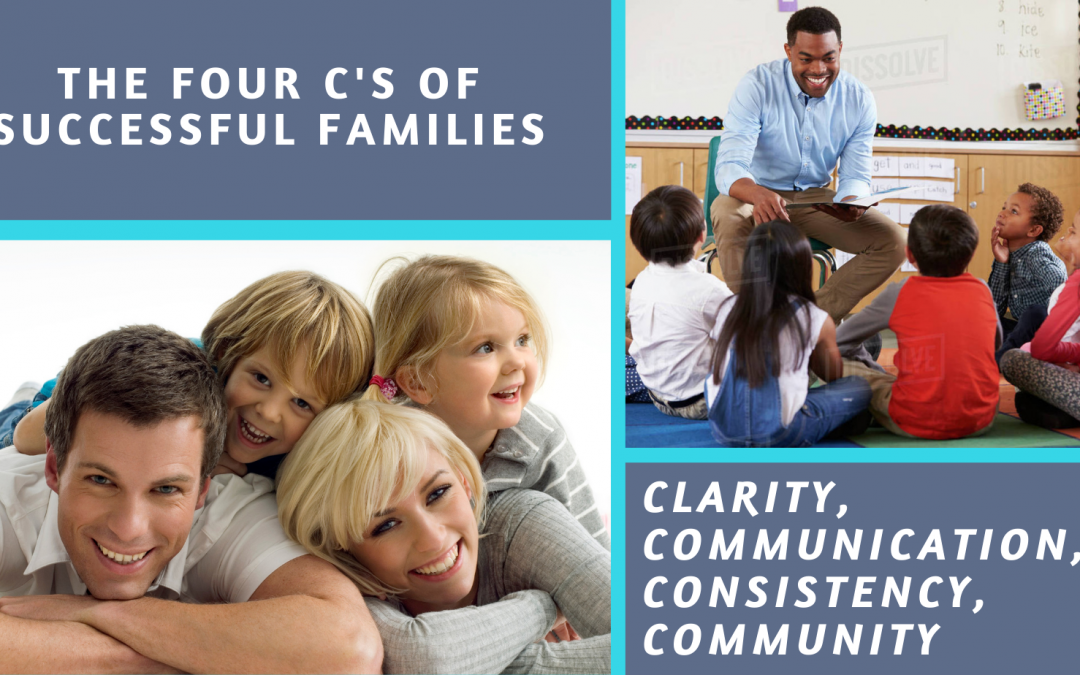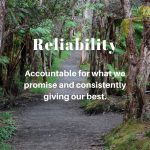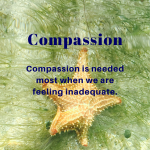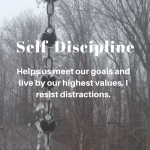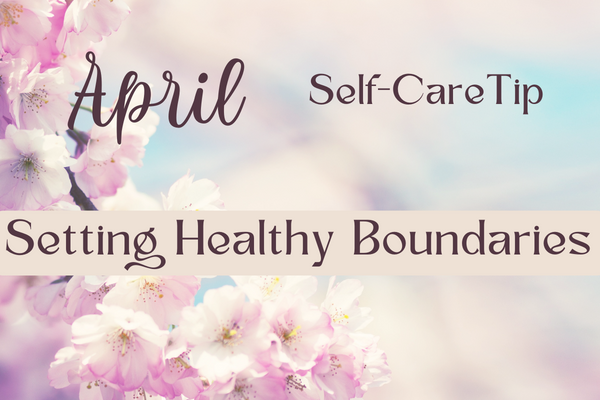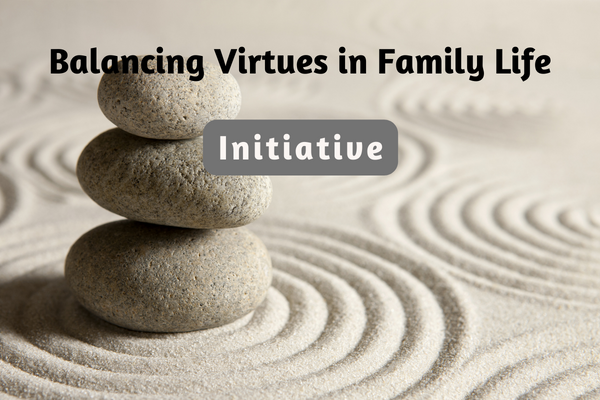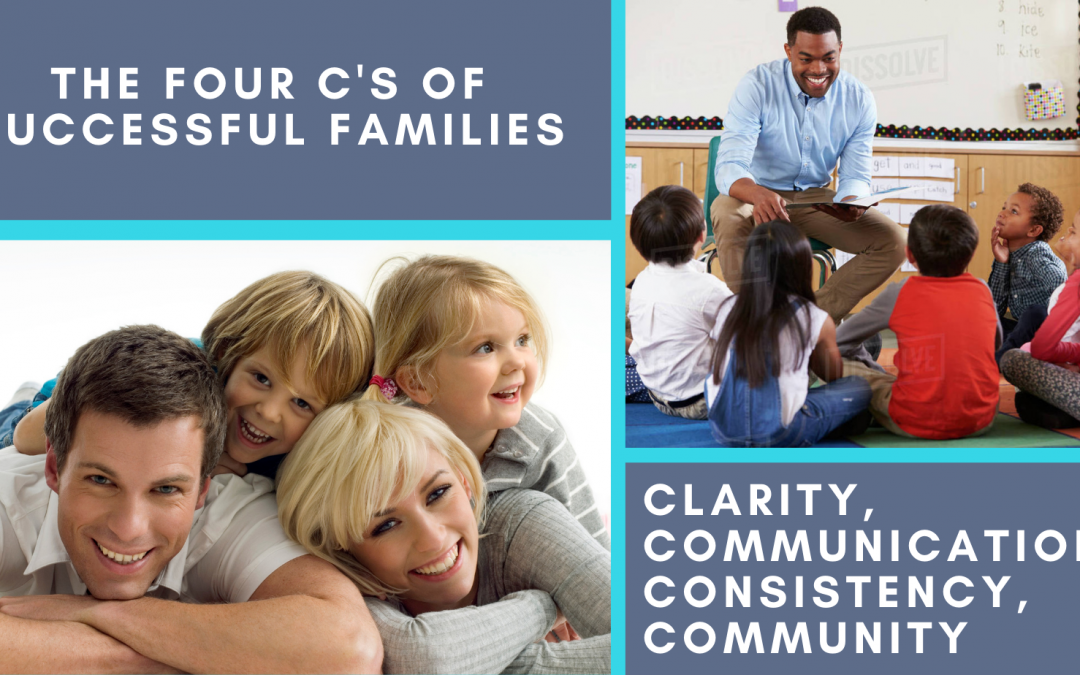When properly cultivated, devotion can be pivotal in establishing and maintaining healthy boundaries. At its core, devotion entails a deep commitment to a cause, relationship, or practice. When applied to self-care and boundary-setting, devotion empowers individuals...

5 Tips to Get to Know Yourself Better

Practicing Self-Discipline Brings Great Results
Discipline is a term people toss around a lot. But what is it exactly? Is it the ability to control your impulses? The ability to focus on complex tasks even when you don't feel like it? Or maybe the ability to adhere to rules and guidelines even if you don't like them?
Here are five of the best tips to get to know yourself better. These tips will help jump-start your journey into self-reflection. By finding the answers you’ve been looking for, you can start to strive toward your true potential.
Let’s get started.
Tip #1: Be Still
For many people, it’s hard to sit alone in a quiet room and contemplate. They become uncomfortable and agitated.
Still, this is an important step to get to know the inner you, the part of you that is your true self. Be brave in the face of your imperfections and the self-talk. As soon as you begin to embrace the good as the real you; you can start discovering your true self.
It all starts when you take the time to sit still and listen to yourself. Think of it as a form of mindfulness meditation where you focus completely on the present moment.
Tip #2: Ask the Right Questions
Too many times, we knock ourselves down through negative self-talk. Instead, talk to yourself as you would a friend. Be kind and show empathy. The best way to do that is by asking self-discovery questions so you can get to know yourself better.
Write down the answers on post-its and hang them up next to your bed or bathroom mirror. You can also jot the answers down in a journal. In fact, experts say are journals are one of the most effective tools of self-awareness.
Here are some important questions you can ask yourself today:
- What are my core values?
- Who’s my biggest role model? Why?
- What makes me feel safe? Or Who?
- What are my short-term and long-term goals?
At the end of this article, you can download a full list of self-discovery questions.
Tip #3: Find Your Strengths
Each one of us is here for a reason. Each of us, adults and children have their own unique gifts, talents, skills, and temperament. Some things just come more naturally to each of us better than others. That’s the natural order of things.
Knowing what you’re good at is necessary on the journey of finding who you really are. Focusing on your strengths boosts self-confidence and increases your drive to achieve more. Only then, will you be able to make room for better, more productive things in your life.
Let’s not forget that it’s just as important to figure out what you’re not good at. Allow yourself to try different things. Then, by trial and error, you’ll know exactly what you’re good at and what you should steer clear of.
Interestingly enough, your strengths will almost always align with your core values. Together, they can help you manage your life path, both at home and at work.
Tip #4: Discover Your Passion
Now that you know what you’re good at, it’s time to hone in on the things that excite you and give your life meaning. This can be one thing or twenty—the point is to follow through.
Having that drive gives you purpose and strength. You savor each moment and push yourself to achieve new goals.
This positive energy you exude when you’re doing something you’re passionate about is vital. It allows you to want to be better and do more. That can only come when you truly enjoy what you’re doing.
Tip #5: Determine Your Call to Action
Your core values, purpose, and passion is unique to you. Now what is your call to action for those core values?
What are the behaviors you want to practice, that line up with your values? When you call yourself to action by behaving as your best self, your confidence rises, you feel good about yourself, you feel in alignment with your inner being.
When you feel frustrated, depressed, or angry it simply means you are not aligned with what you value.
This is one form of self-care that will work wonders for your self-esteem. Get to know yourself better and live your best self. Watch those around you, especially your family respect you.
In Conclusion
We hope you found these five tips to get to know yourself better helpful. Figuring out who you are as an individual has many advantages for yourself and your family.
The most significant is that it puts things in perspective. It allows you to feel comfortable in the choices and decisions you make for yourself and your family. Knowing who you are keeps you from being swayed or overly influenced by the choices of others.
As a result, you’re able to focus more on your personal strengths and be more accepting of your weaknesses. Socrates also said, “Be as you wish to seem.” In other words, when you know what you want out of life, you know what you don’t want and the only thing that can hold you back is your imagination. So, be bold and dream big!
Getting to know yourself better is part of the first ‘C’ in the Four C’s of Successful Families. CLARITY is about the unifying set of values, virtues, mission, and purpose for your unique family (Team). The other C’s are COMMUNICATION, CONSISTENCY, & COMMUNITY.
Want help getting to know yourself better? Download your full list of self-discovery questions. If you want, share them with other members of your family, especially your partner.

